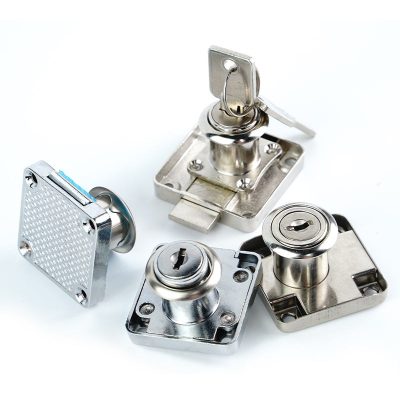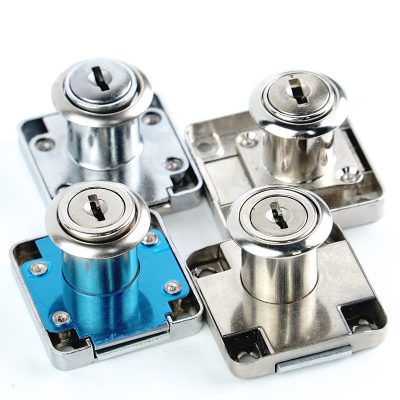Smart locks enhance security in various ways, leveraging advanced technology to provide homeowners with greater control, monitoring, and protection against unauthorized access. Here’s how smart locks improve security:
- Keyless Entry: Smart locks eliminate the vulnerability of physical keys, which can be lost, stolen, or duplicated. Instead, they offer keyless entry methods such as PIN codes, biometric authentication, or smartphone apps, reducing the risk of unauthorized access.
- Remote Access Control: With smart locks, homeowners can lock or unlock their doors remotely using a smartphone app or web interface. This allows for immediate response to security threats, such as locking doors if a family member forgets or verifying access for visitors when away from home.
- Activity Monitoring: Many smart locks feature activity logs that record every entry and exit, providing homeowners with detailed insights into who accessed the property and when. This monitoring capability helps identify suspicious activity and provides an audit trail for security purposes.
- Temporary Access Codes: Smart locks allow homeowners to create temporary access codes for guests, contractors, or service providers. These codes can be set to expire after a specified duration, reducing the risk of unauthorized access after the intended purpose has been served.
- Tamper Detection: Smart locks often include tamper detection features that alert homeowners to potential security breaches, such as forced entry attempts or tampering with the lock mechanism. Notifications can be sent in real-time to notify homeowners of suspicious activity.
- Integration with Security Systems: Smart locks can integrate with broader home security systems, such as alarms, cameras, and motion sensors. Integration enables automated responses to security events, such as locking doors when an intrusion is detected or triggering alarms if unauthorized access is attempted.
- Auto-Locking: Some smart locks offer auto-locking functionality, automatically securing the door after a set period of time. This feature ensures that doors are always locked when not in use, reducing the risk of opportunistic break-ins or unauthorized access.
- Encryption and Security Protocols: Smart locks employ advanced encryption and security protocols to protect communication between the lock and associated devices, such as smartphones or home hubs. This ensures that data transmission is secure and resistant to hacking or interception.
- Backup Power Options: To prevent lockouts during power outages or battery failures, smart locks often include backup power options such as mechanical keys or battery backups. These ensure that homeowners can always access their properties, even in emergency situations.
By incorporating these security features and capabilities, smart locks provide homeowners with peace of mind, knowing that their properties are protected against unauthorized access and potential security threats.








